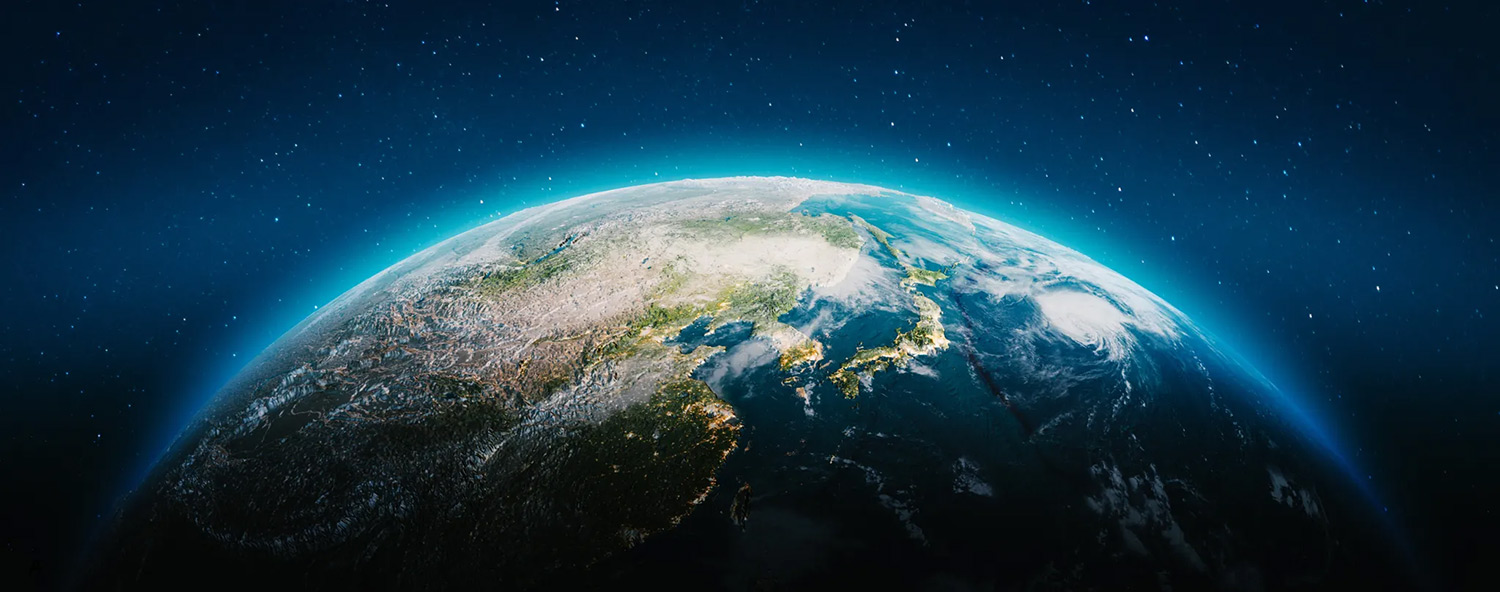
Guardians of the Earth
From towering mountains to intricate coral reefs, nature's wonders remind us of the delicate balance that sustains life. By taking action today, we can ensure that future generations continue to experience the marvels that inspire us.
Preserving Our Natural World
Across the globe, efforts to protect the environment and promote sustainability are gaining momentum. Reforestation initiatives, sustainable technologies, and conservation projects aim to protect wildlife habitats, restore landscapes, and promote responsible resource management. Efforts such as community-driven conservation programs and international partnerships are crucial in preserving biodiversity and combating environmental degradation.
Conservationists play a pivotal role in these efforts, dedicating their lives to preserving the Earth’s biodiversity and ecosystems. They work tirelessly to combat deforestation, protect endangered species, clean water initiatives, recycle efforts, and to restore degraded landscapes. Their efforts include field research, policy advocacy, and community education, all aimed at fostering a sustainable relationship between humans and nature. Without their dedication and expertise, many of the world’s most vulnerable ecosystems would be at greater risk of destruction.
Sustainable Solutions
In an episode of Philanthrocapitalism on CORE, we speak with one of these influential stewards of our planet, Julie Corbett, who is the visionary founder of Ecologic and Planet Ark Recycling. She shares her dedication to creating sustainable business models that drive meaningful environmental change. Her organizations, which focus on creating and implementing environmentally responsible solutions, are at the forefront of promoting a greener future. Ecologic, in particular, is revolutionizing the packaging industry by introducing hybrid paper bottles made from recycled materials, offering a viable and eco-friendly alternative to conventional plastic and glass packaging. These innovative bottles significantly reduce the environmental footprint of product packaging, aligning with global efforts to curb plastic waste and pollution.
Through her work, Corbett underscores the profound impact that sustainable choices can have, not just on the environment but also on industries that traditionally have been slow to adopt green practices. By rethinking packaging, she believes we can spark a broader shift toward environmental responsibility, inspiring businesses to reimagine their supply chains, materials, and production processes. She also stresses that small, incremental changes in consumer habits, such as supporting brands with sustainable packaging, can have a powerful collective impact, pushing industries toward greater accountability. Corbett's efforts go beyond just innovating; she is fostering a mindset shift where businesses and individuals alike prioritize sustainability, ensuring a healthier planet for future generations. In this conversation, she challenges us to rethink our relationship with the products we consume and emphasizes that true environmental change begins with the choices we make today.
Steps Toward Environmental Stewardship
Protecting the Earth doesn’t require grand gestures; small, consistent actions can make a big difference. Consider these simple yet effective steps:
- Reduce Waste: Opt for reusable products, recycle responsibly, and limit single-use plastics. Composting organic waste can further reduce landfill contributions.
- Conserve Resources: Turn off lights, fix leaks, and use energy-efficient appliances. Choosing low-flow water fixtures and energy-star-rated devices can also contribute to conservation.
- Support Sustainability: Choose eco-friendly products and support green businesses.
- Grow Green Spaces: Plant trees and cultivate gardens to support local ecosystems. Rooftop gardens and community green spaces contribute to urban biodiversity and air quality.
- Adopt Eco-Friendly Habits: Walk, bike, or use public transport to cut carbon emissions. Carpooling and using electric vehicles can further minimize individual carbon footprints.
- Educate and Advocate: Stay informed about environmental issues and inspire others. Sharing knowledge through social media or local events can help amplify awareness.
- Participate in Community Efforts: Join clean-up drives and conservation programs. Volunteer with organizations focused on wildlife protection and habitat restoration.
- Practice Sustainable Eating: Choose locally sourced, plant-based foods. Reducing meat consumption can lower greenhouse gas emissions and promote ethical food systems.
- Respect Natural Spaces: Leave no trace when enjoying outdoor activities. Following ethical tourism guidelines helps preserve the integrity of natural environments.
Every action, no matter how small, helps preserve our ecosystems. Whether it's choosing sustainable fashion, reducing water consumption, or educating others about climate change, our efforts add up.
Together, individuals, conservationists, environmentalists, communities, businesses, and governments can create a sustainable future where Earth's wonders continue to inspire awe and gratitude. Let us take inspiration from nature and commit to making a positive impact. By fostering a culture of sustainability, we ensure that future generations inherit a world rich in natural beauty and ecological balance.




























Comments
Sign in to post a comment.